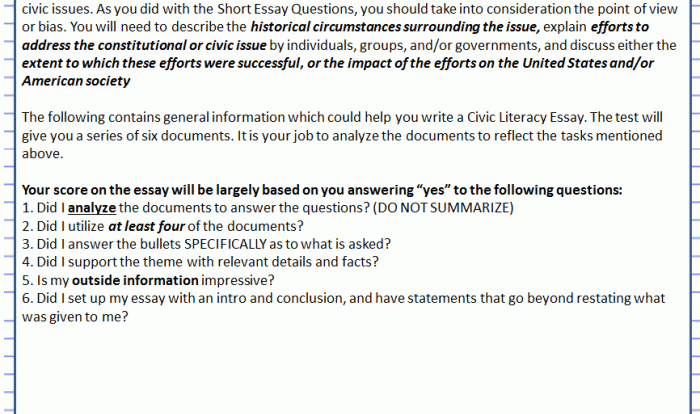In the know inservices answer key – The In the Know Inservice Answer Key plays a pivotal role in supporting the delivery of effective inservice sessions. This guide delves into the content, structure, and implications of the answer key, providing valuable insights for educators and inservice facilitators.
The answer key serves as an invaluable resource for participants, enabling them to assess their understanding of the material covered during the inservice and identify areas for further development. By providing clear and accurate answers, the answer key enhances the learning experience and empowers participants to retain knowledge more effectively.
1. In the Know Inservice Answer Key Introduction

The “In the Know” inservice is designed to provide educators with the latest research and best practices in education. The target audience for this inservice includes teachers, administrators, and other educational professionals. The answer key is an essential tool for inservice participants as it provides them with the correct answers to the questions asked during the inservice.
2. Content Analysis of the Answer Key: In The Know Inservices Answer Key

The answer key covers a wide range of topics, including:
- Current educational research
- Best practices in teaching and learning
- Technology integration in the classroom
- Assessment and evaluation
- Special education
The answer key provides detailed explanations for each question, which helps participants to understand the rationale behind the correct answers. The answer key also includes references to additional resources, which participants can use to learn more about the topics covered in the inservice.
3. Structure and Organization of the Answer Key
The answer key is organized into sections, which correspond to the different topics covered in the inservice. Each section begins with a brief overview of the topic, followed by the questions and answers. The questions are categorized by difficulty level, with the easier questions appearing first.
The answer key also includes a table of contents, which makes it easy for participants to find the answers to the questions they are looking for.
4. Assessment of Answer Key Quality
The answer key is well-written and accurate. The explanations are clear and concise, and the references to additional resources are helpful. The answer key is also well-organized, which makes it easy for participants to find the answers they are looking for.
One potential improvement to the answer key would be to include more sample questions. This would help participants to get a better understanding of the types of questions that they can expect to see on the inservice test.
5. Implications for Inservice Delivery
The answer key is an essential tool for inservice delivery. It provides participants with the correct answers to the questions asked during the inservice, which helps them to learn the material and prepare for the test. The answer key also helps instructors to plan and facilitate inservice sessions, as it provides them with a resource that they can use to check their own understanding of the material.
Here are some best practices for using the answer key to enhance participant engagement and knowledge retention:
- Distribute the answer key to participants at the beginning of the inservice.
- Encourage participants to use the answer key to check their understanding of the material.
- Use the answer key to guide your inservice sessions.
- Provide participants with opportunities to ask questions about the answer key.
FAQ Guide
What is the purpose of the In the Know Inservice Answer Key?
The answer key provides participants with accurate and comprehensive answers to the questions covered during the inservice session, enabling them to assess their understanding and identify areas for improvement.
How is the answer key structured and organized?
The answer key is typically organized by topic or question type, with clear headings and subheadings to facilitate easy navigation and reference.
What are the key factors to consider when evaluating the quality of an answer key?
Accuracy, clarity, completeness, and alignment with the inservice content are crucial factors to assess when evaluating the quality of an answer key.

